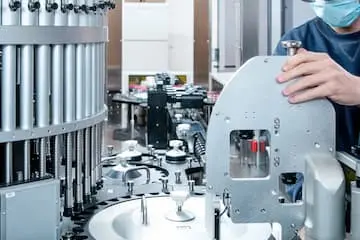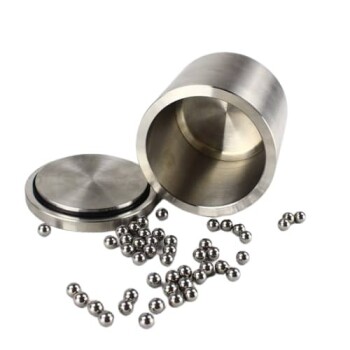KinTek provides modern mills and crushers to prepare samples for chemical and physical analytical methods such as AAS, NIR, ICP, and XRF. Proper sample homogenization to an appropriate level of analytical fineness is essential for reliable and accurate analysis.
To ensure reproducible sample preparation, KinTek's range of instruments allows for coarse, fine, and ultrafine size reduction of almost any material. The selection of grinding tools and accessories guarantees contamination-free and dependable sample preparation before laboratory analysis.


